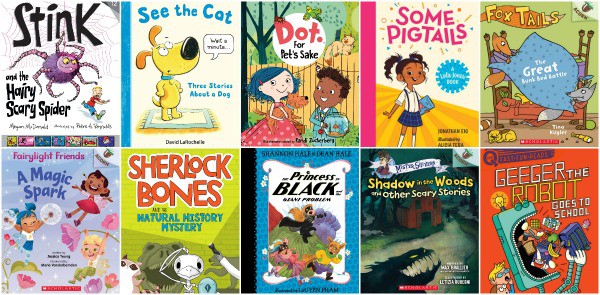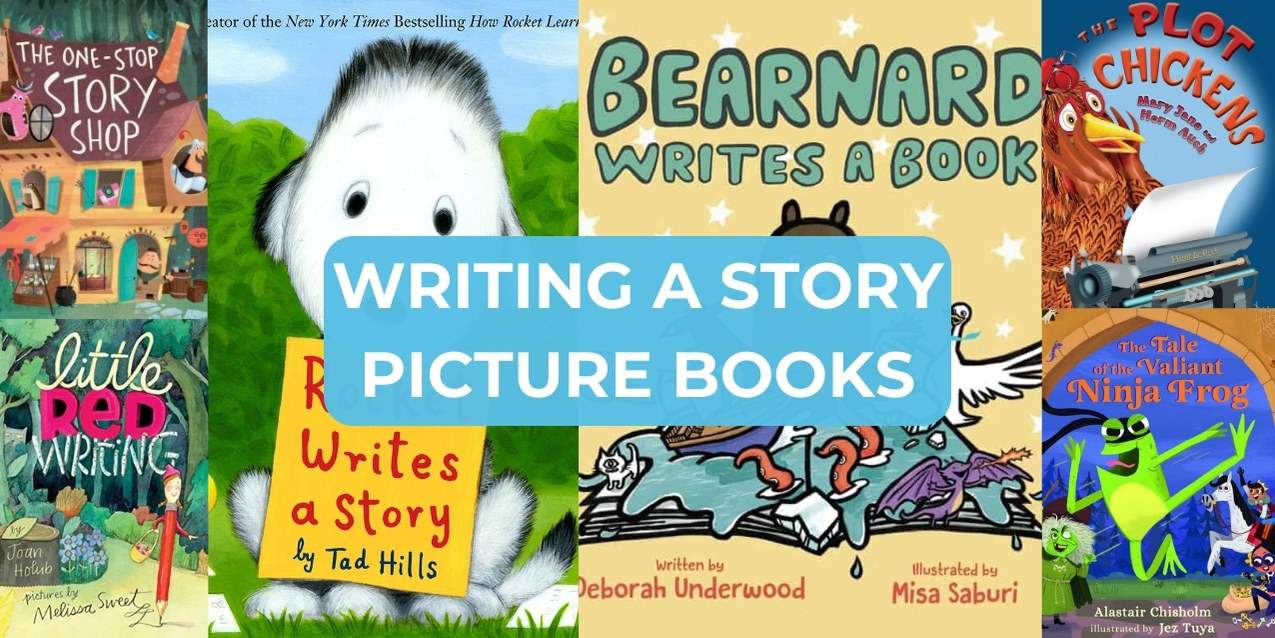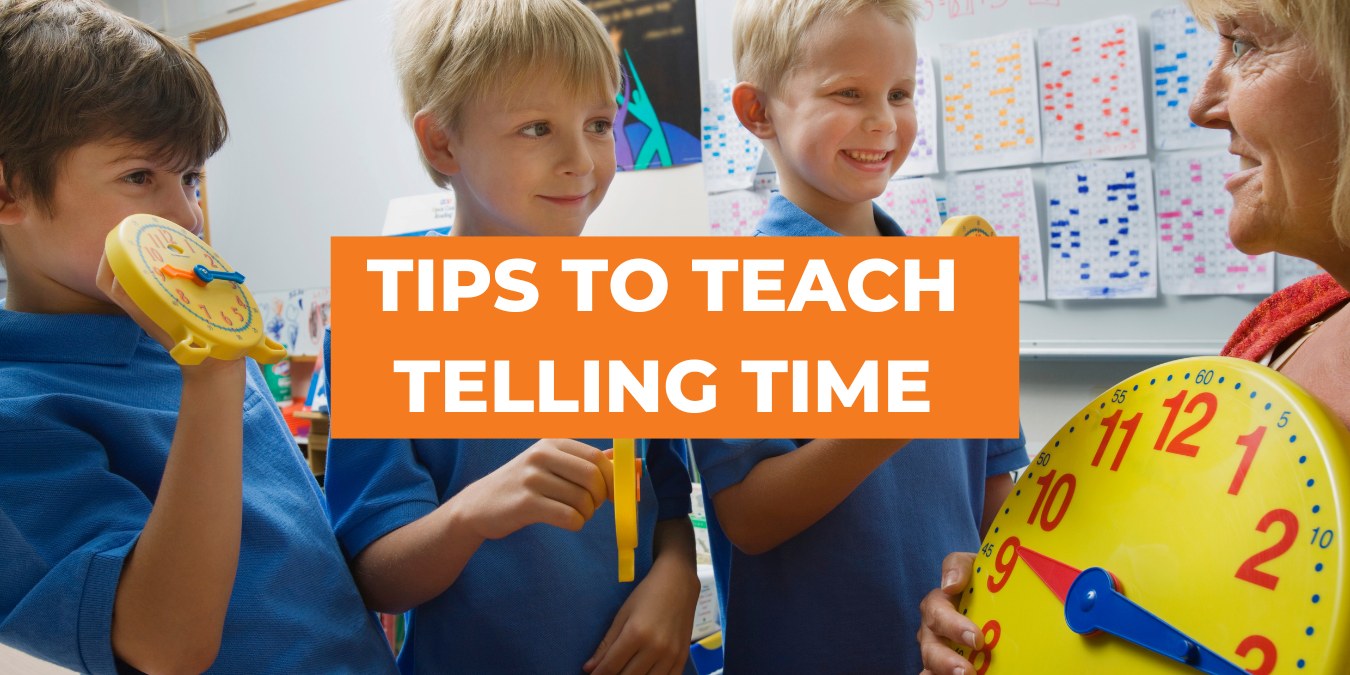5 Ideas for Kids Who Hate to Read
This post may contain affiliate links.
 What do you do when your child hates to read? It’s painful to see your child struggle and feel such negative emotions. No doubt you’re wondering what you can do at home to help your child learn to love reading. (Or at least like it.)
What do you do when your child hates to read? It’s painful to see your child struggle and feel such negative emotions. No doubt you’re wondering what you can do at home to help your child learn to love reading. (Or at least like it.)
Try these 5 easy ideas at home with your reluctant reader. You can help your child’s reading confidence. Once a child is a more confident reader, he or she will be less likely to hate it.
MODEL
Read the page or sentence to your child. Let them whisper read with you, or echo read just after you.
ABANDON
Don’t force your child to continue reading a book that is too hard for them.
CHOICE
Let kids pick books on topics they’re interested in reading. Even if you aren’t.
COMICS
Try comic books or graphic novels. 8 reasons why.
SHARE
Read a book with your child in a book club style where you both talk about the book. Have your child ask you questions about your favorite part.
Kids are like puzzles. Find what pieces fit for them and enjoy the journey of discovery.
Don’t forget to read yourself. Your kids are watching.







All 5 of these ideas are practical and easy to try. I think it is so important for kids, especially reluctant readers, to have a positive experience with reading. That means that if they enjoy comic books, graphic novels, or are interested in books on the iPhone or reading on the computer, go for it. Shakespeare can come later once they’ve developed their reading skills and a love of the written word!
Great ideas! This is so important for parents to understand. I also would add one more: if we represent reading as a tool for life (as “choice” alludes to) instead of some academic exercise, we have a chance. Although I certainly celebrate how much more of the science of learning to read we understand for the classroom, I fear it has alienated a number of families and children who don’t relate easily to that world. When we treat reading as this practical avenue, we start to change the view of reading and make it a more personalized, attainable skill. I also have to say that “there is a book for every child”. Our challenge is to help that child find it!
This is much needed. I like this site. Continue to encourage readers.
Indeed, I agree with Book Chook….a quick and easily understood piece to give parents…and teachers. Thank you!
Succinct and practical!